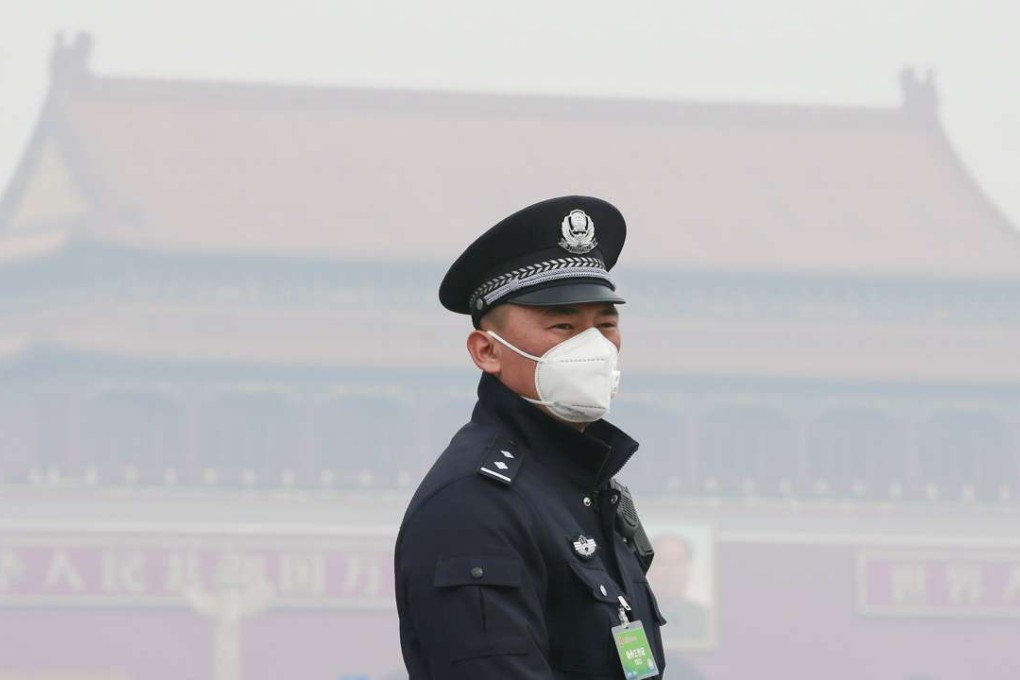Smog-plagued Beijing may ban coal trucks, storage in Tianjin to tackle capital’s air pollution woes
Area surrounding the capital and its neighbour, Tianjin, in Hebei province, is the most polluted in the world’s second-largest economy

Beijing’s environmental watchdog is considering a ban on the use of trucks to transport coal and closing coal storage facilities in Tianjin, one of China’s busiest ports, a researcher with the agency said, in what would be a drastic move to tackle smog.
The city’s Environmental Protection Bureau has not made a formal proposal to the municipal government of Tianjin, Zhou Yangsheng, researcher with the agency told a coal industry briefing on Monday.
He did not give an estimate on when a decision might be made about the move.
If the ban were to be implemented, it would be the latest in a series of extreme steps taken by the Beijing’s city government to cut air pollution in and around the smog-plagued capital.
The area surrounding the capital and its neighbour, Tianjin, in Hebei province, is the most polluted in the world’s second-largest economy despite mounting efforts to control traffic and shut down coal-fired power plants and steel mills.